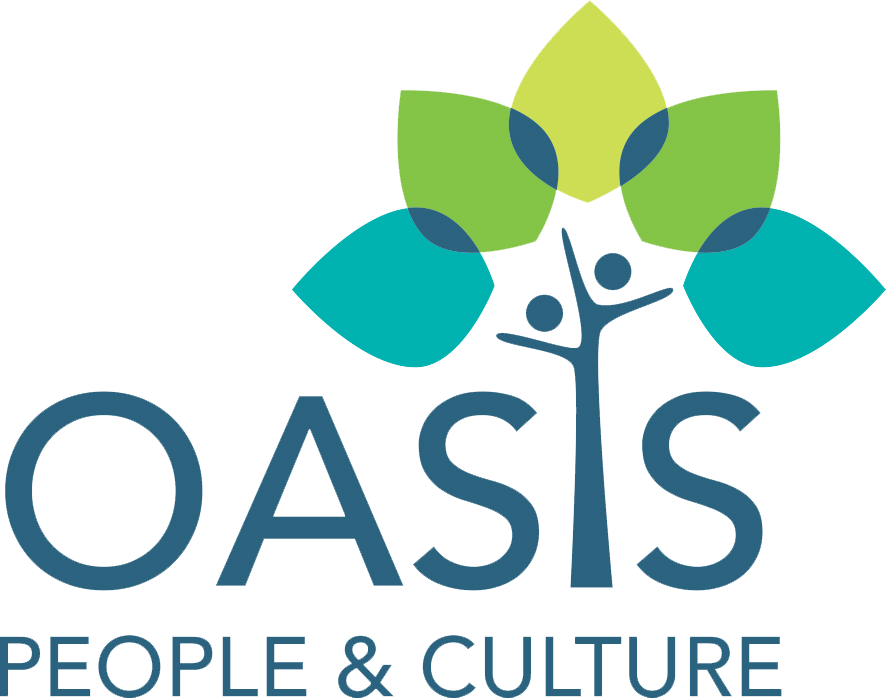Hard Conversations
“I know they are underperforming but they are struggling with depression. We might just have to leave the conversation for now.”
“I can’t talk to them about performance at work at the moment because they are having marriage problems.”
Commonly, these are the comments and attitudes of leaders and managers who genuinely care about others and who, in no way, want to cause further harm to people who are already suffering. This is to be admired but does it mean that the needs of the organisation or the fulfilment of a person’s workplace responsibilities no longer matter?
Then there are those who don’t even think to question whether they should hold back when someone is underperforming. They go in guns blazing.
I have noticed that people often default into one of two errors. Either they are unwilling to have the hard conversation for fear of hurting the other, or they equate the hard conversation with aggressive, bullying and dominant behaviour.
I have been using two words with people lately in regard to the hard conversations:
Rigor and Regard
A rigorous conversation is one which addresses the issues head on. This conversation underlines standards and expectations pointing out where these have not been met and calling the other person to a higher standard. In a workplace, where there are obligations for performance and where the performance of one person impacts others, it is crucial to be able to have the rigorous conversation. The issue is not whether the conversation should be had. The issue is the manner in which it is had. This brings us to the second word; Regard.
Regard speaks to the idea of having regard for the humanity of the other, holding their dignity intact at all times. Practically, speaking regard takes into account the emotional impact of words, the hurt that can be caused when words are used thoughtlessly and without care and the disengagement and damage that occurs when people are treated without regard. Emotional Intelligence research informs us that the more emotionally intelligent a leader behaves, the more engaged their workforce will be. So it seems that showing regard for others is not just a matter of being nice (as important as that may be). It also fosters employee engagement and productivity.
Bringing Rigor and Regard Together
Protecting our self-esteem is important for us. If an individual knows that the person who is calling them to account is actually for them, they are far less likely to become defensive in their reaction and responses compared with a manager who is in attack mode. There is more likely to be a human interaction that produces positive outcomes.
Rigor communicates in a way that names the issues and their consequences with clarity. Regard communicates that the concerns, perspectives and interests of the other also matter. Coupling these together is powerful.
You can tackle almost any conversation with another person if it is done with regard.
